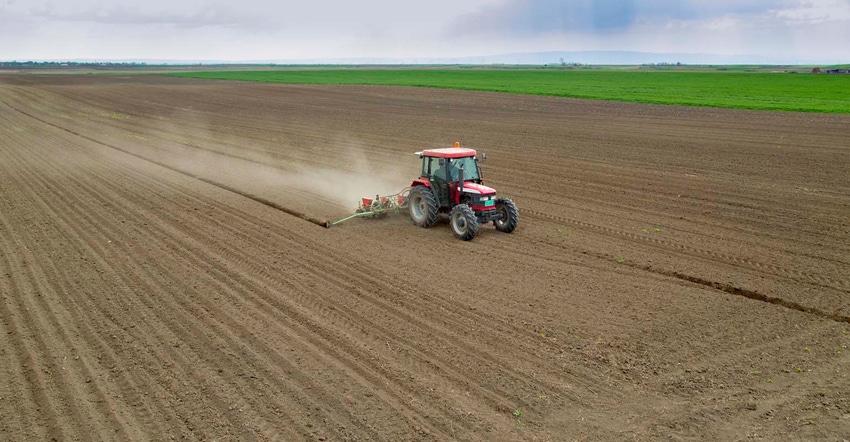
In last week’s post, I discussed an important machinery decision that’s been coming up over the past few months with our farmer clients: Should I lease or buy this piece of equipment?
We went through some of the questions you’ll want to discuss with your ag finance advisor while making that decision. This week, I’d like to get into some more detail around the factors you can consider as you evaluate individual leases.
Related: Equipment decisions: Lease vs. buy, part one
Once you’ve worked through the types of questions we discussed last week – and your farm isn’t dealing with working capital or equity issues that make it clear leasing or buying would be better, then it’s all about analyzing and evaluating the details of the lease, as well as determining the right amount for a potential down payment for a purchase decision.
Get to the core
To help stay on track, remember to always return to the basics – the core of why you’re making a particular decision. Depending on your personality and past decisions, you may or may not feel hesitant to consider something like an equipment lease. Consider these questions.
Why are we deciding to get this piece of equipment? What need will it fulfill for our operation? What will it allow us to do?
Is it always best to buy? When might that not be the case? Is a lease a viable option for our situation right now? Is buying?
What are the other implications of buying equipment? Of leasing it?
If the farm isn’t in the best financial shape right now, you may be interested in keeping the equipment off of your balance sheet, as buying a new piece of machinery will impact your equity.
If that’s what you’re facing, it may make sense to choose a lease – but it needs to be the right lease. You can only figure that out by asking a lot of questions to get an understanding of what the lease is – and isn’t – offering you.
Looking at leases
I think many leases have started to become more aggressively competitive in recent years, so there are good ones out there. However, not all of them are as great as they may appear to be at first glance, so analyze carefully.
Work to fully understand the lease and its terms, with the help of an advisor. If the lease still seems to stand on its own merits, you need to evaluate an even more important question: Does this lease and its terms make sense for our farm’s needs and situation right now?
Here are some questions you and your ag finance advisor might use to dive deeper into the lease’s details:
How many hours does this lease allow?
What are the charges for overage? For example, if the lease allows 300 hours on the tractor, how much would you pay for each hour used beyond that? Match the farm’s needs to the hours allowed.
What is the lease’s warranty like? Is it a power train warranty? What will it cover for repairs? What won’t it cover?
What would repairs be like on a purchased piece of equipment, in comparison to the repairs that a lease would cover? Would repairs be less on the lease than if you buy?
Do you want to eventually purchase the equipment, or simply lease it for a few years? Does the lease have a buyout option at the end, and if so, what is that final ‘balloon’ payment?
Having a clear analysis and the right data at your fingertips can help when it’s time to make an important decision like whether to lease or buy equipment. You gain a deeper understanding of where you’re at and how the decision will impact your farm business overall. Get the information for these decisions by working with an ag finance advisor.
Read the current issue of the Smart Series publication, bringing business ideas for today’s farm leader. This issue includes perspectives on what to do when a landlord asks for higher rent, how to find the right new employee, a farm business checklist for the spring season, and more. Get your free online issue here.
The opinions of the author are not necessarily those of Farm Futures or Penton Agriculture.
Frye is president and CEO of Water Street Solutions. Email questions to [email protected]. All questions and responses will be printed or published online as anonymous.
About the Author(s)
You May Also Like






